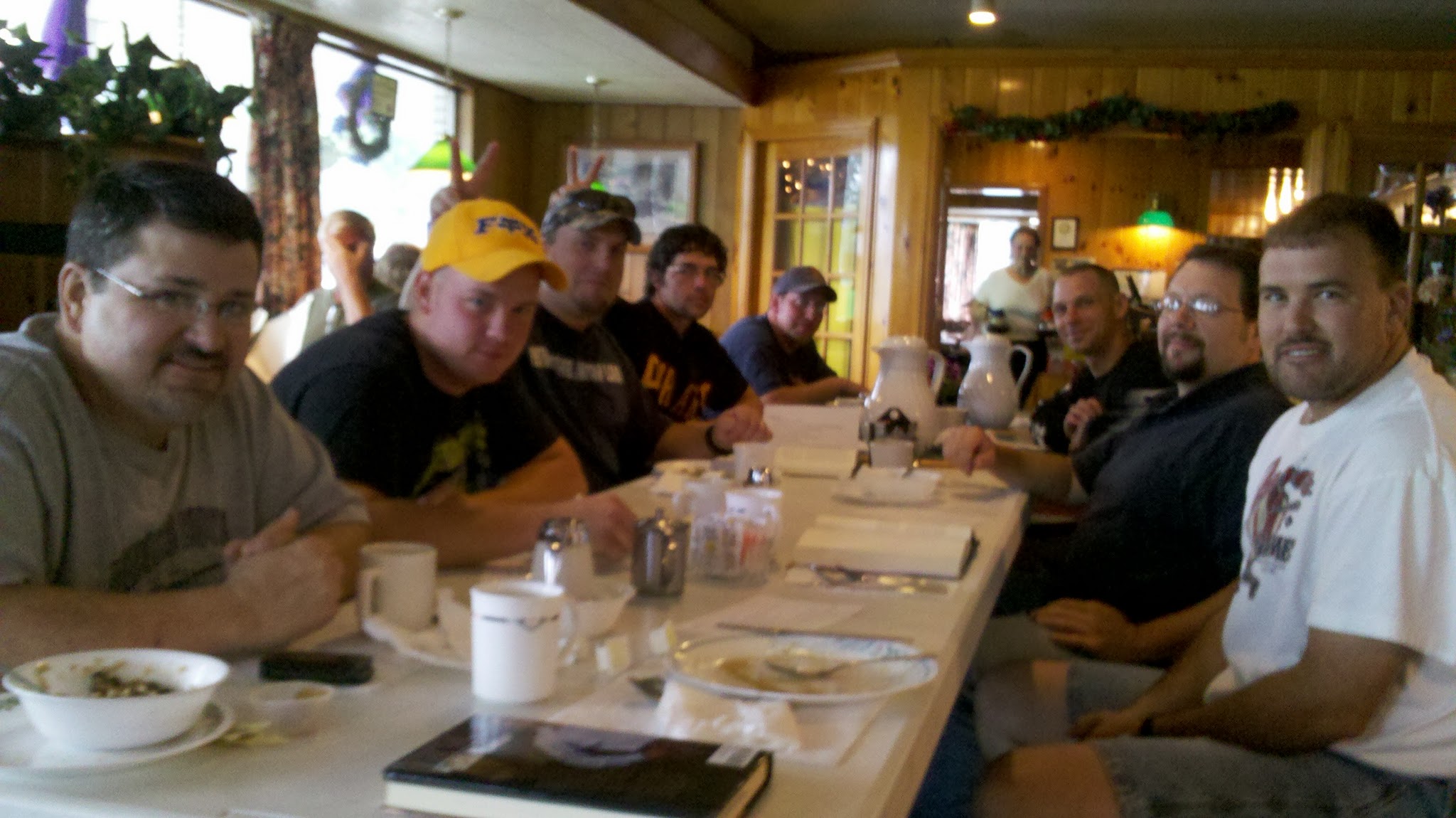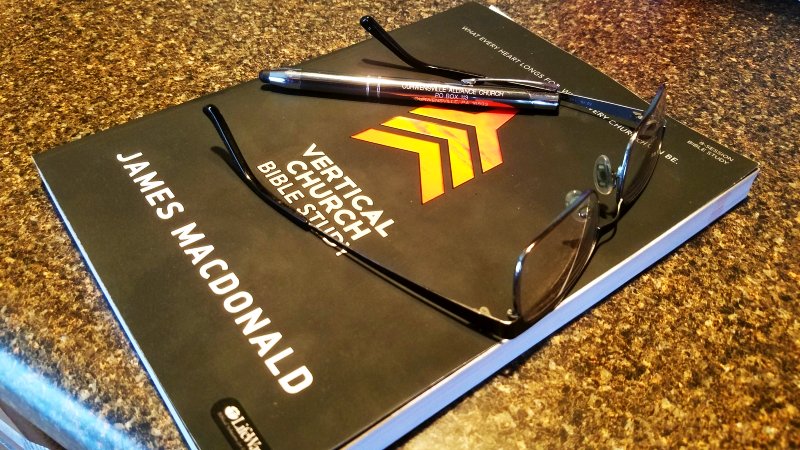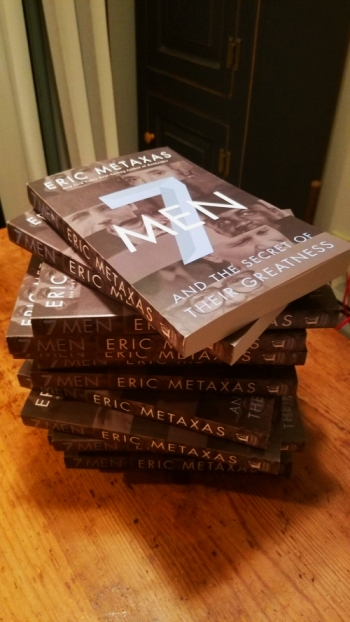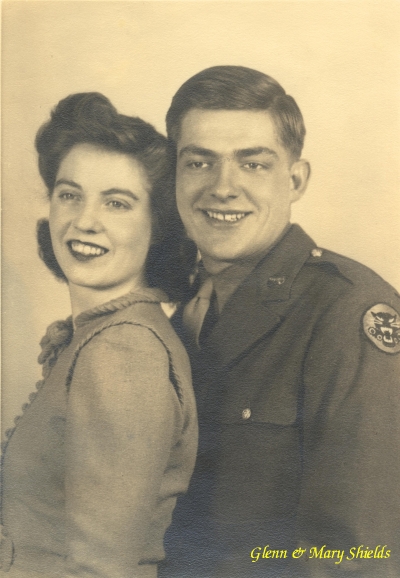What do you see when you look in the mirror?
Some time ago, I noted that Facebook gave me the option of seeing what my information looked like to a friend or a stranger. Since everything I post on Facebook is public, by my choice, there was virtually no difference.
However, the exercise got me to thinking about what I looked like to anyone who saw me on social media. How did others see me?

As I scrolled through my posts, imagining how a stranger would react to what I put there, I realized that what was there wasn’t what I wanted to be there. There were cynical statements, uncaring comments, and some (just a little, because I have a brain) political rhetoric thrown in.
It wasn’t who I wanted people to see me as.
So I deleted a bunch of it.
And then my social media presentation of myself was more to my liking.
But, if you’re still reading, you’re probably thinking:
Well, Steve, it seems that all you did
was to cover up who you really are
by deleting what you didn’t want others
to know about your heart.
Yeah. That’s what I did….. At first.
But then I got to thinking.
The look into the mirror that my social media accounts provided allowed me to look into my heart. And after the simple process of deleting online posts and comments, I turned my attention to the deeper process of correcting some inner attitudes — by taking them to the cross and surrendering them to the Holy Spirit.
Reflection — it’s an exercise that serves us well, if we really want to grow.
This Advent, Curwensville Alliance is going to talk about Reflections beginning this Sunday (12/2/2018).
Not reflections, as in looking at the past, but reflections as in looking in the mirror.
We’ll look at how this holiday season influences us and see what kinds of mindset we’ve allowed it to create. And then, by God’s grace, we’ll look to the Spirit of God to transition us from who the reflection says we are to who God wants us to be.
Join us.
Sundays…
At 8:00 am – Traditional Worship Service
At 10:45 am – Today’s Worship Service.

 Each week, the guys read a chapter of a pre-chosen book in advance, highlighting things that stand out and jotting down any thoughts or questions they might have about the content.
Each week, the guys read a chapter of a pre-chosen book in advance, highlighting things that stand out and jotting down any thoughts or questions they might have about the content.
 have read this one twice.)
have read this one twice.)
 If you know me at all, you know I am not an “alarmist”. And if you know me at all, you know I enjoy technology. So this may seem an odd post, because it seems to be alarmist concerning technology.
If you know me at all, you know I am not an “alarmist”. And if you know me at all, you know I enjoy technology. So this may seem an odd post, because it seems to be alarmist concerning technology.